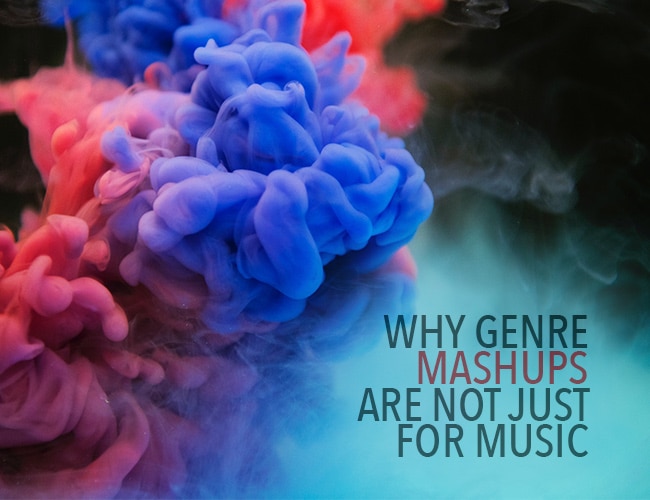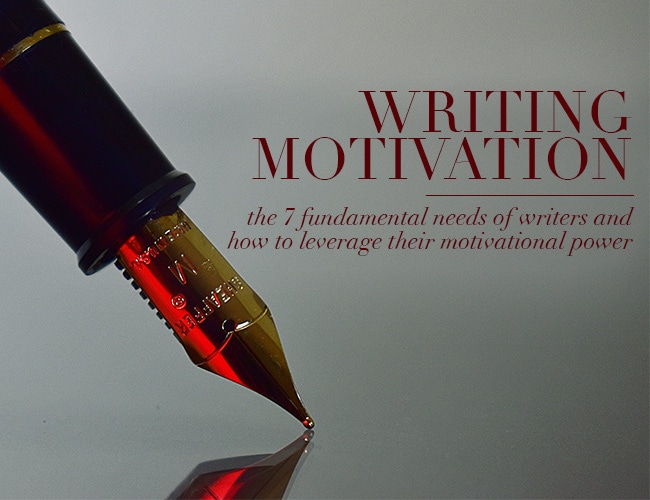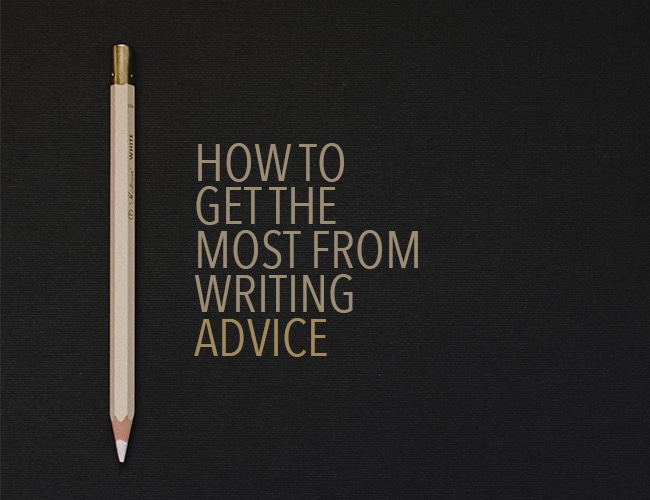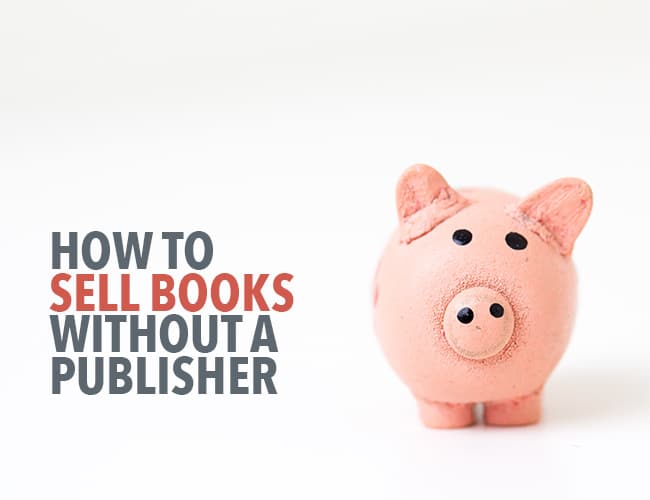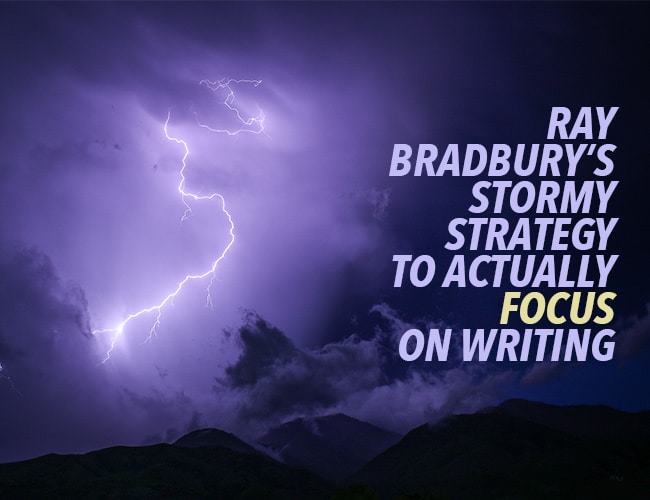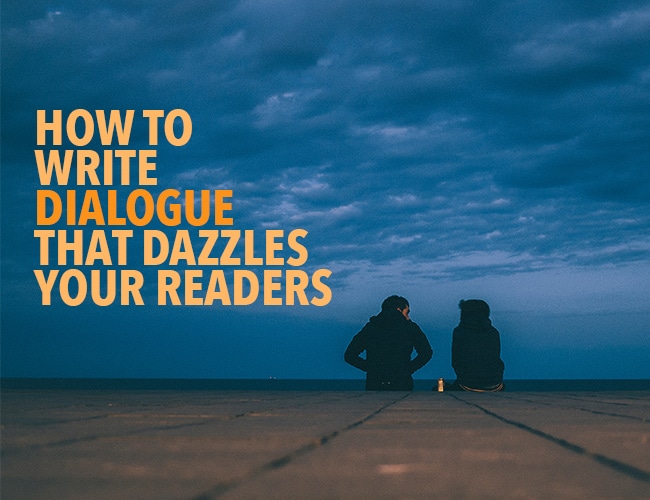Raise your hand if you’ve ever felt guilty about something related to writing. (My hand can’t get any higher.) Whether you feel that you aren’t writing enough or feel terrible about neglecting chores while finishing your novel, writer’s guilt is real.
Here are a few ideas for abandoning writer’s guilt to get your work done.



